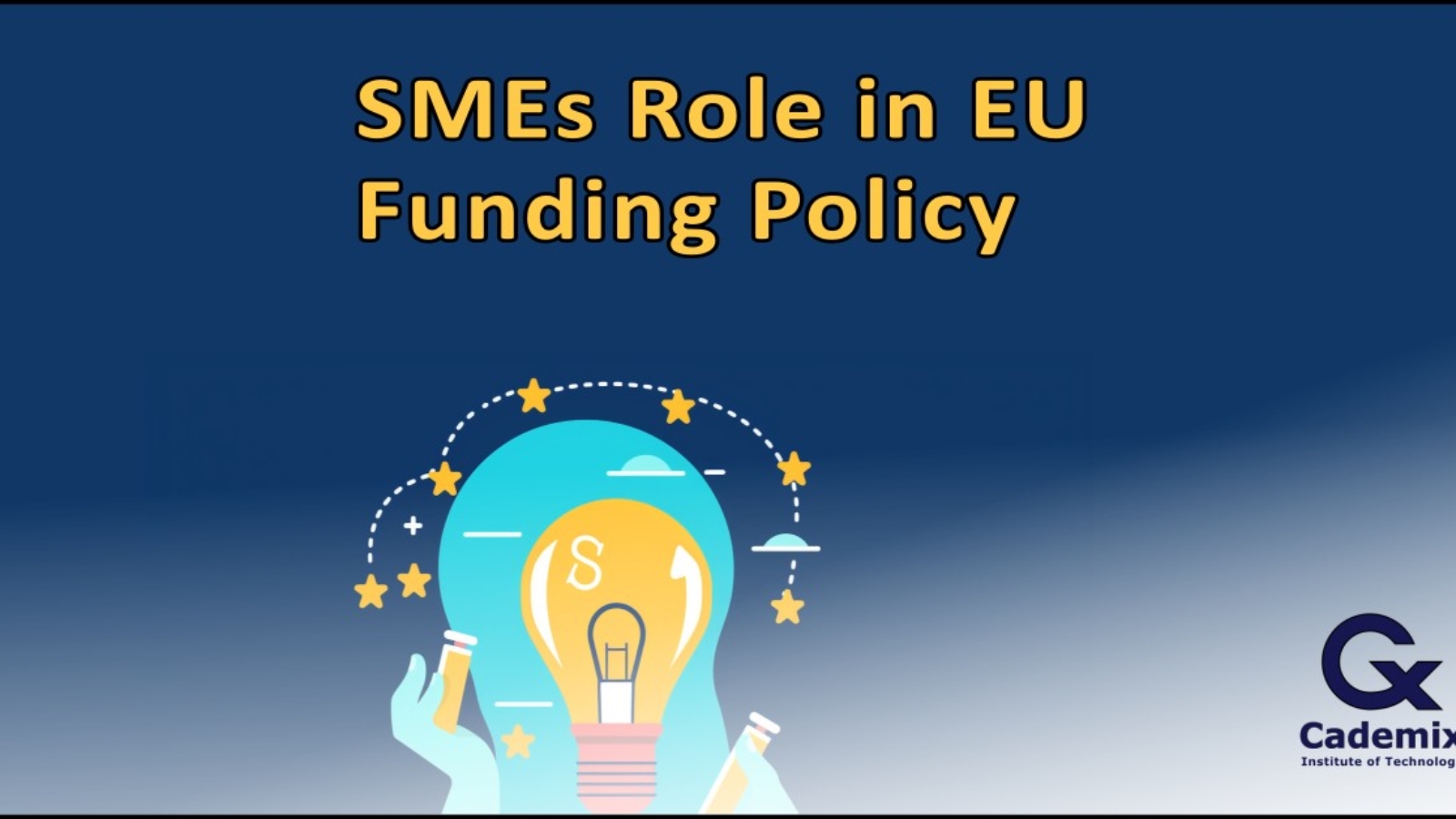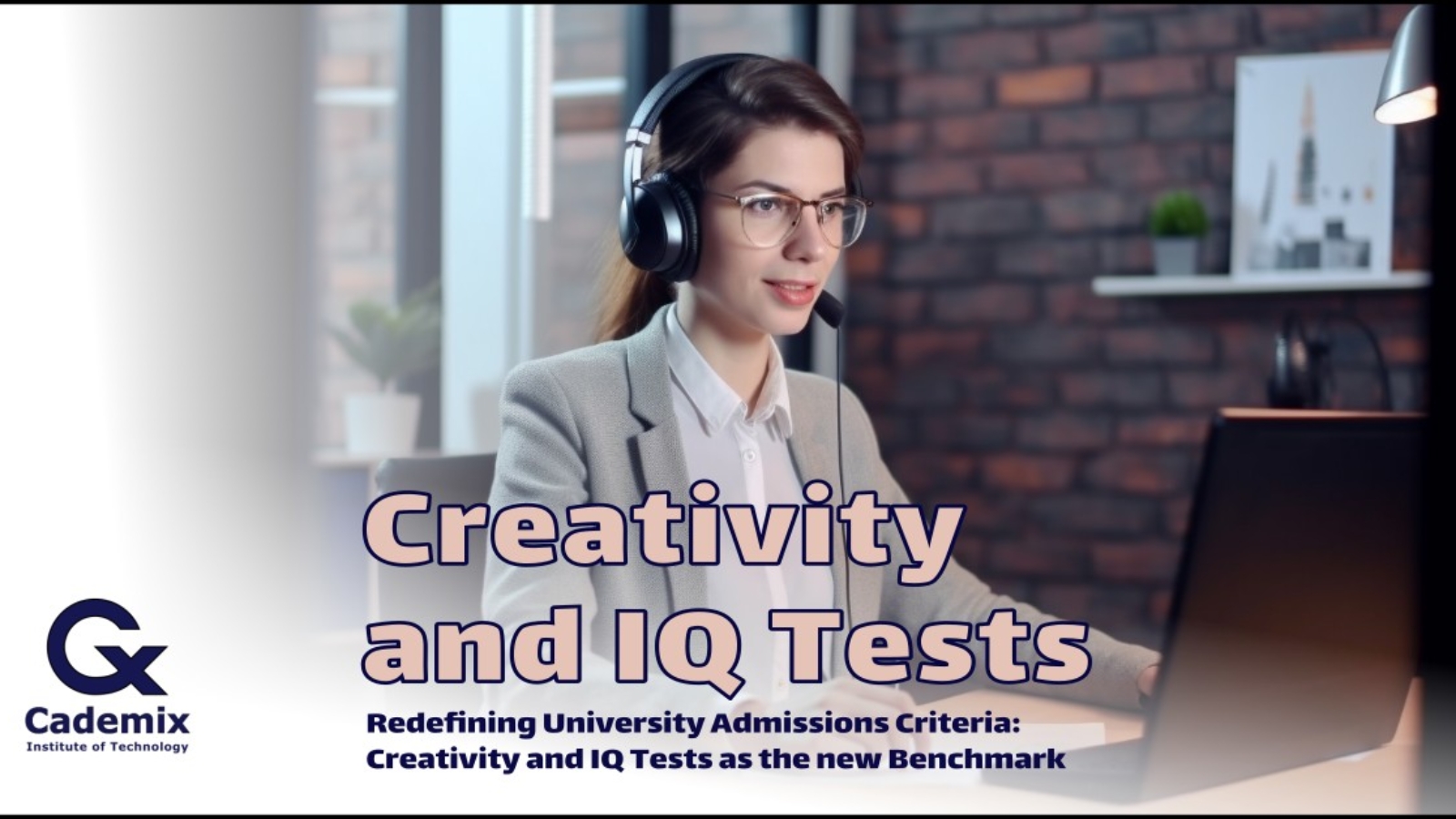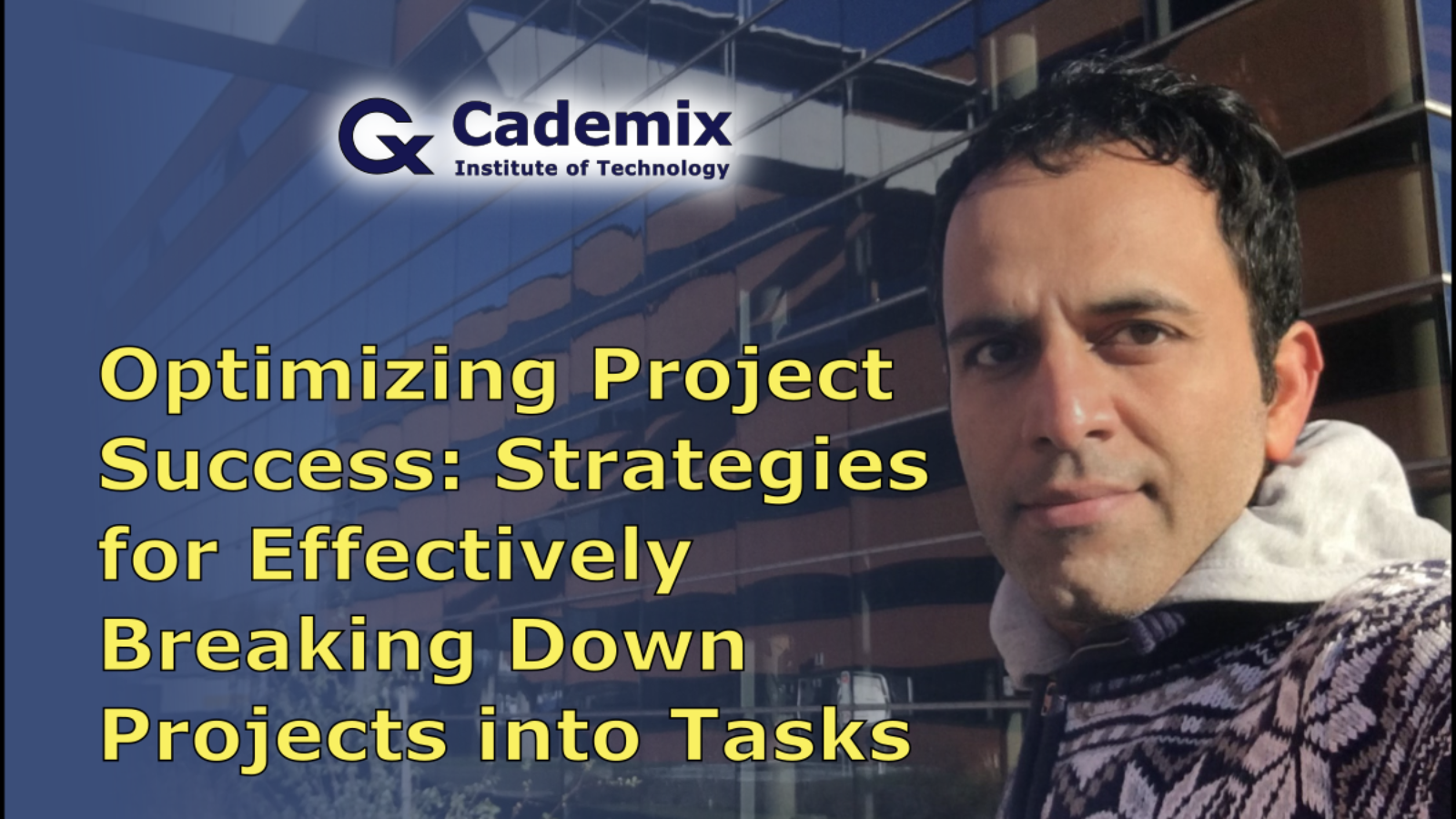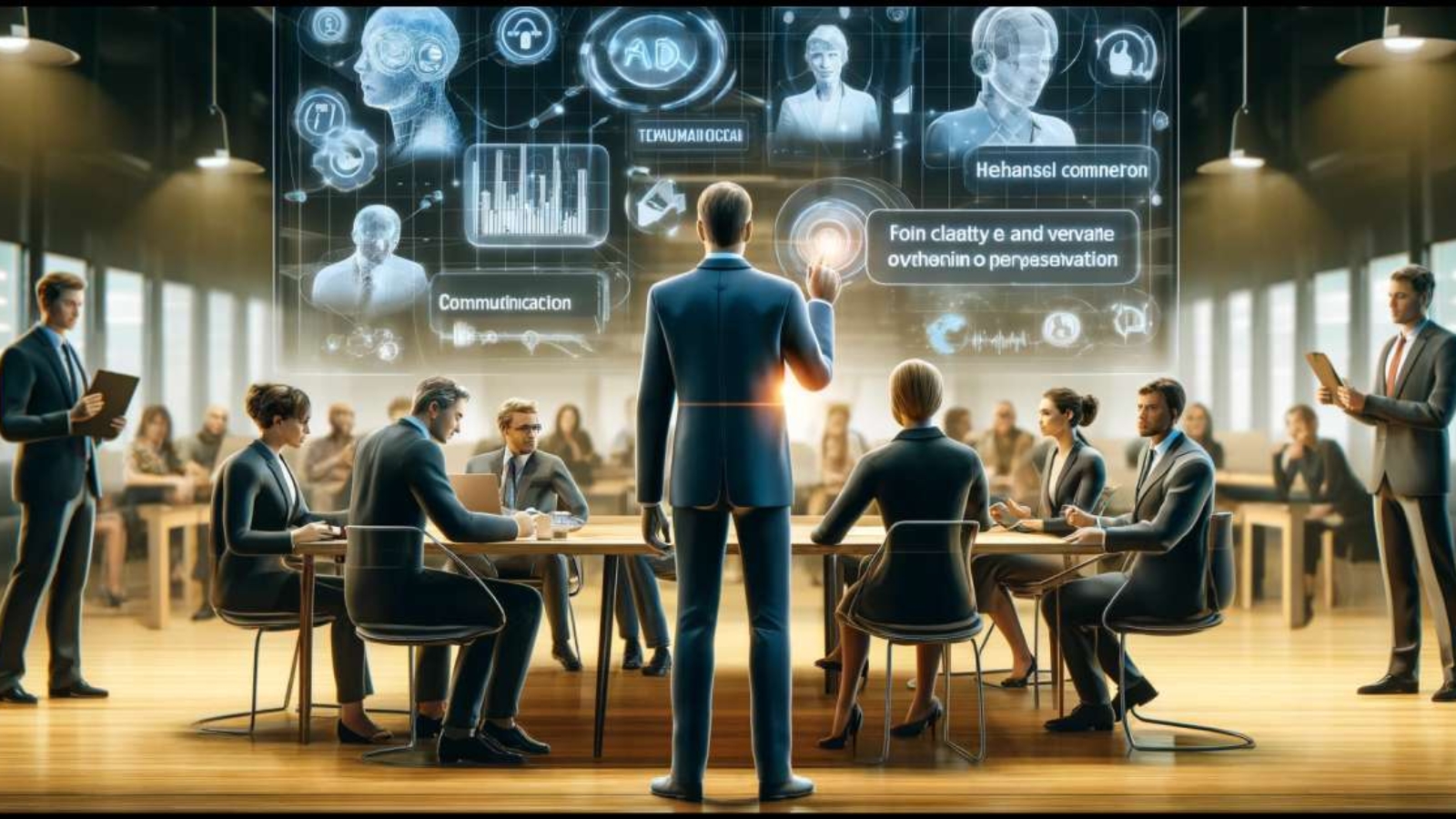Estimated Reading Time: 17 minutes Explore innovative project management strategies for interior designers, emphasizing the transformative power of cross-functional team collaboration to elevate both the creative and operational facets of interior design projects.
Optometry: A Comprehensive Guide
Estimated Reading Time: 7 minutes Optometry is a healthcare profession focused on eye care and vision health. Optometrists play a critical role in diagnosing, managing, and treating various eye conditions. This article explores the fundamentals of optometry, essential skills for practitioners, career opportunities, and services available to job seekers in the field.
Importance of SMEs role in EU Funding policy
Estimated Reading Time: 11 minutes In this study, the reader is examined the importance of SMEs, why they attract so much attention in the European Union countries, and also what support programs are made for them. Within this framework, Horizon 2020 and Horizon Europe support programs were also included.
Academic Struggles with Social Media Impact: An Organizational Psychology Perspective
Estimated Reading Time: 12 minutes Academics’ hesitancy to embrace Academic Struggles with Social Media Impact is not just a missed opportunity for engagement but a critical gap in achieving the societal impact required by EU funding frameworks.
Redefining University Admissions Criteria: Creativity and IQ Tests as the New Benchmark
Estimated Reading Time: 10 minutes Discover how Creativity and IQ Tests for University Admissions are revolutionizing the way institutions evaluate international students. Learn why these tests are becoming essential and how to prepare for them effectively.
Eye Associates: Comprehensive Eye Care Services for Optimal Vision Health
Estimated Reading Time: 5 minutes Eye Associates are specialized eye care centers offering a wide range of services to address various vision and eye health needs. This article explores the services provided by Eye Associates, the benefits of seeking care from these professionals, and considerations for choosing the right eye care provider.
Optimizing Project Success: Strategies for Effectively Breaking Down Projects into Tasks
Estimated Reading Time: 10 minutes We focus on project management which is extensive important nowadays. Strategy that we’ll use in Project Success is Breaking Down into task.
Comprehensive Guide to Walk In Interview: How to Prepare, Succeed, and Make a Strong Impression in Walk-In Interviews
Estimated Reading Time: 4 minutes Walk-in interviews provide job seekers with the opportunity to meet with potential employers without the need for prior scheduling. This comprehensive guide will help you understand how to prepare for walk-in interviews, what to expect, and tips to make a strong impression.
Exploring Remote Optometry Jobs: Opportunities, Responsibilities, and Benefits
Estimated Reading Time: 6 minutes Remote optometry jobs offer flexible and innovative opportunities for eye care professionals to provide services without the need for a traditional office setting. This guide explores the types of remote optometry jobs available, the responsibilities involved, and the benefits of working remotely in the optometry field.
Electrochemical Biosensors: Revolutionizing Point of Care Diagnostics- An Overview
Estimated Reading Time: 16 minutes Exploring the frontiers of public health, this article provides an insightful analysis of the next-generation electrochemical biosensors for bacterial detection, addressing their evolving role, technical challenges, and the necessity for policy and ethical considerations in their advancement.










